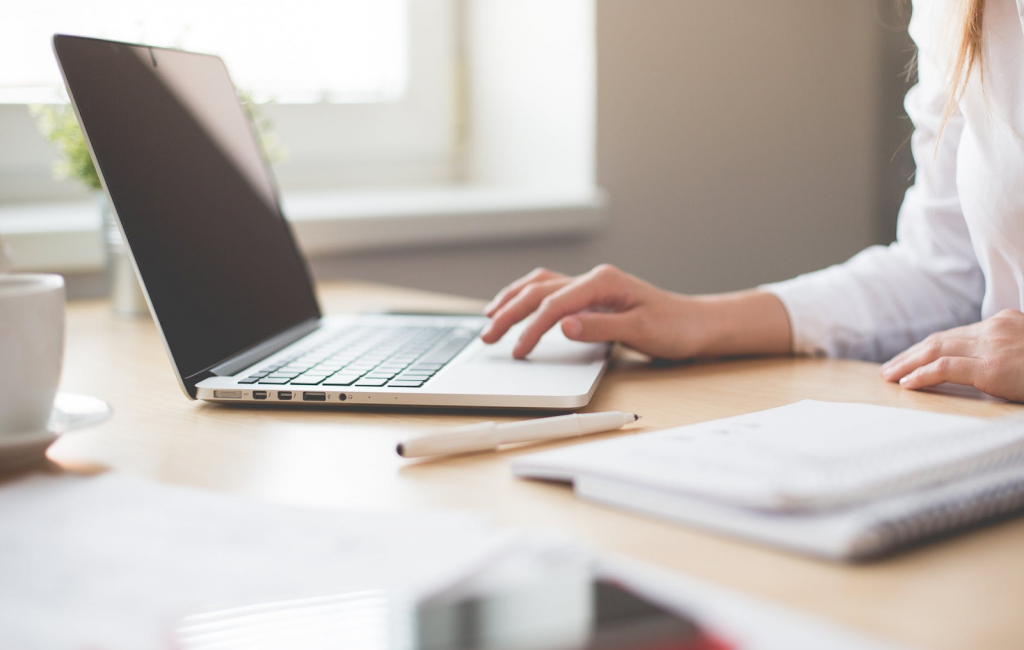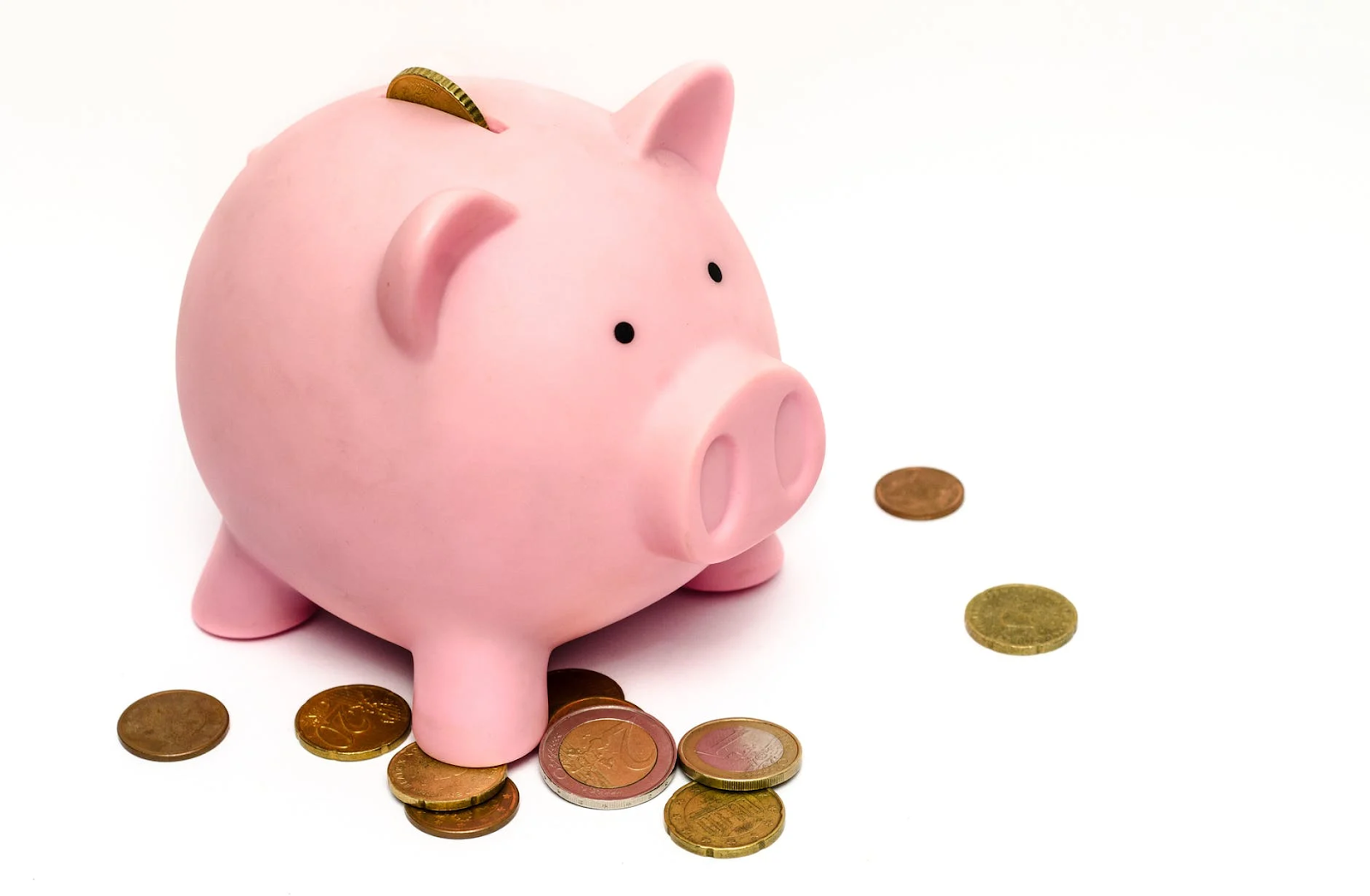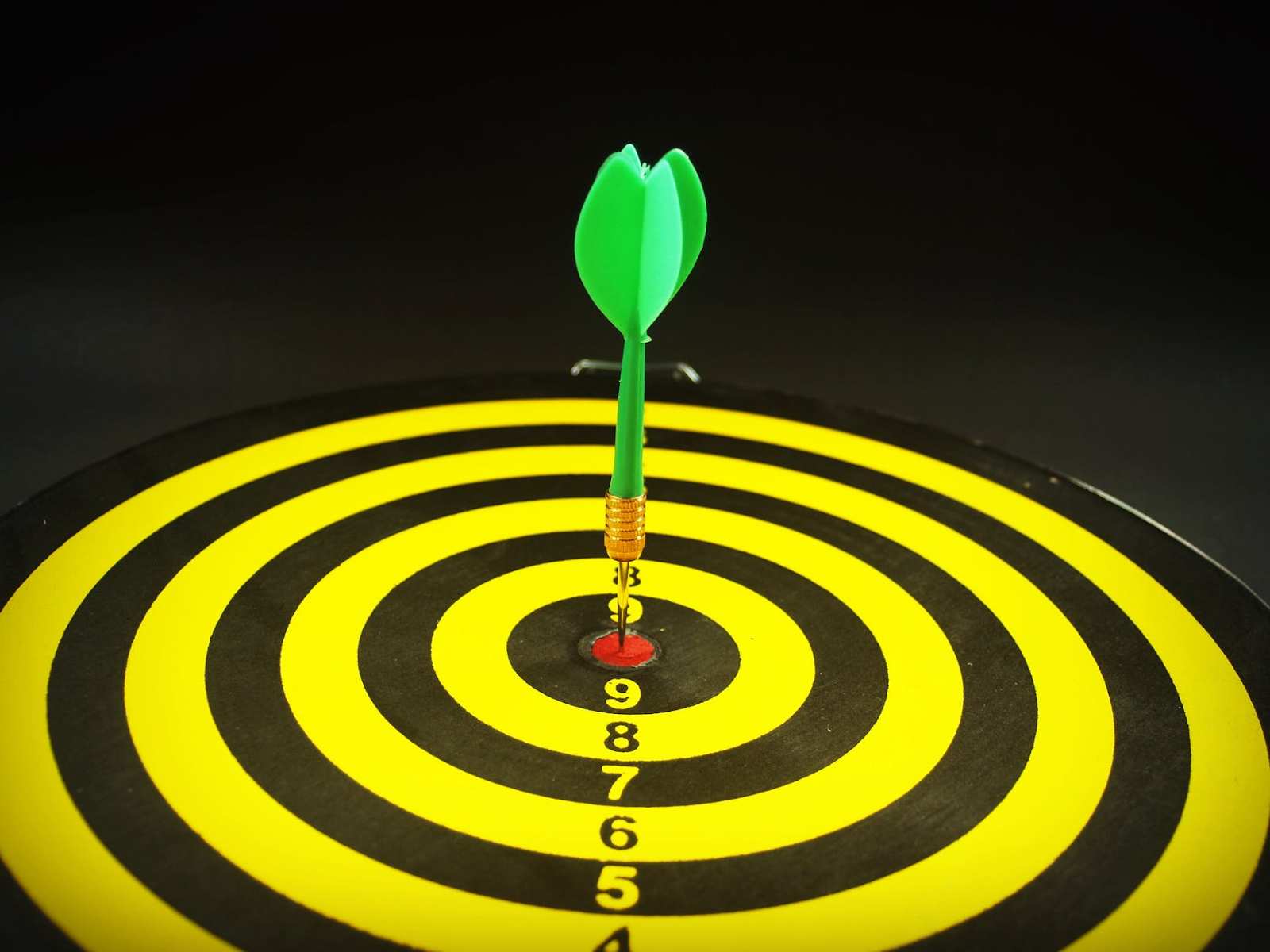
When we enter the job market and start making money, it is common to end up losing control and spending too much. However, creating good financial habits from an early age is a way to avoid problems in the future and never go through major hardships. And here comes personal financial planning.
Financial planning involves becoming aware of your money and gathering information to make decisions in a planned and intelligent way, to help you realize your dreams and live without worries.
Check out some tips to start your personal financial planning.
Start with the basics
If you’ve never done financial planning, you don’t know what the first steps, start by writing down everything you earn and everything you spend. It’s simple: whenever you receive money, write it down in a notebook, spreadsheet or application; and do the same when you spend.
This will help you know exactly how much you earn and what you are spending. This exercise is to give you a more concrete idea of where your money is going.
Create a budget
Instead of asking where your money is going, it’s time to dictate where it goes. Just as a company’s budget defines employee pay, rent and purchase value, a personal budget defines the amount you can pay for what you need or want.
What is the minimum amount, but possible, what should you pay for shipping per month? What about food, clothes, leisure? So, you start the month knowing what you can spend and how much.
Plan to pay off the debts

If you have debts, an important part of your budget should be to separate the money to pay them off. If these accounts accrue high interest, it is best to try not to pay the minimum amount and try to advance the installments. So you get rid of them as soon as possible, and you can use that money for other things.
Think carefully before using your credit card
We tend to spend more when using a credit card. Dave Ramsey, a personal finance expert, comments on a study that investigated the habits of customers at McDonald’s and found that people spent 47% more when they bought on credit.
So before using the card, think about whether it is a value you would pay if you had cash and consider adding the amount to make larger purchases instead of paying in installments.
Pay yourself first
The money that you’re going to keep is like your monthly payment, so treat it as an account as important as any other. In fact, treat it as a priority and pay yourself before spending anything in the month. Thus, this money will not even be considered for the rest of the period.
Create goals

Financial planning is important because it allows you to achieve your goals, but what are they? You are the one who should define them. Think about what you want to do in the short, medium and long terms. Do you want to spend your next vacation abroad, buy a car in 2 years, live off your income in 10 years? Think about your goals and calculate how to achieve them.
Think about the future

Knowing how to achieve your goals is one of the great advantages of financial planning, but it is also important to ensure that you do not experience major strife. To do this, you need to include two factors in your budget: emergency reserve and retirement.
The emergency reserve must add up to your monthly expenses for 6 months. So, if you become unemployed or have a health-related emergency, you don’t have to despair. Retirement should be a long-term investment, to be used when you are no longer working.
With these tips, your personal financial planning will cover your needs without leaving your dreams aside. Start today!



